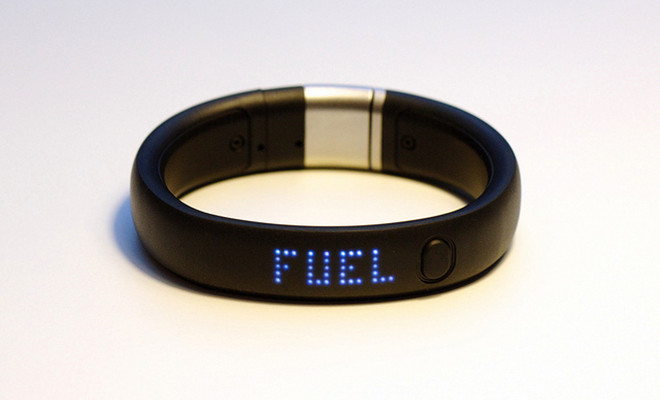 photo credit: Peter Parkes
photo credit: Peter Parkes
Watches
The Pedometer Watch. Useful or Not So Much?
The Pedometer Watch: When a Watch and Pedometer Combine Forces.
A pedometer is a small gadget that hangs on the body and works to measure steps, miles, calories burned and other information that can help you meet a number of fitness goals for better health. These days, the pedometer functionality has been expertly crafted into some watches. There are many benefits to using a pedometer watch depending on what you are trying to accomplish, but for some people, pedometers are more of a nuisance than anything. Read on for some pros and cons to owning a pedometer watch so you can decide if it is useful or not.
Pros:
If you’re a goal oriented person, using a pedometer watch can make meeting your 10,000 steps a day goal a reality in addition to helping you tell the time. Along with moving, it’s important to eat well and get the proper nutrition. If you’re eating right and still struggling with your weight, being more aware of your activity level can help you make the conscious decision to exercise more and burn more calories. If you primarily work in front of a computer, a pedometer watch can help you know when it’s time to take breaks and get moving. Sometimes just having a goal will give you the challenge you need to get up and meet the required number of steps each day.
If you enjoy monitoring your own activity and knowing exactly how you’re performing, a pedometer watch can do the hard work for you. You can look at your pedometer each evening and know how many more steps you need to take before bed. A simple walk around the block or just an hour of housework can get the meter to click over the 10,000 mark. Many people have off-days with very little activity and it’s good to be able to know when these days occur so you can make up for it later.
Pedometer watches can also tell you how many calories you’re burning. Some models tell you an exact number of calories burned. You can compare this to the number of calories taken in and work to even out the numbers. Often, the calories burned are just an estimation and if you’re doing intense exercise, you may be burning more calories than the pedometer is accounting for.
Cons:
The pedometer function on pedometer watches aren’t always the most accurate. They work by detecting movement. If you tend to fidget while sitting still, the pedometer may record that as a step, artificially raising your total. You’ll need to carefully calibrate the instrument to avoid false readings and periodically checking the performance of the device is important as well.
If you’re not hitting your daily steps goals, you can find yourself falling into a depression. Sometimes people develop a sense of self-loathing if they can’t meet their goals, whether or not they were realistic. If you can’t meet your daily steps goals, it may be a good time to lower your number and then slowly work your way back up. Small victories come together to create weight loss, so don’t make failure your only option.
Wrapping it up.
If you’re interested in losing weight and getting healthier, consider using a pedometer watch. While some people find the tools to be cumbersome and annoying, many other people find them to be the motivation needed to meet a daily goal of 10,000 steps. And hey, if you don’t end up using the pedometer function at least you can use it for a more traditional purpose – telling the time!













